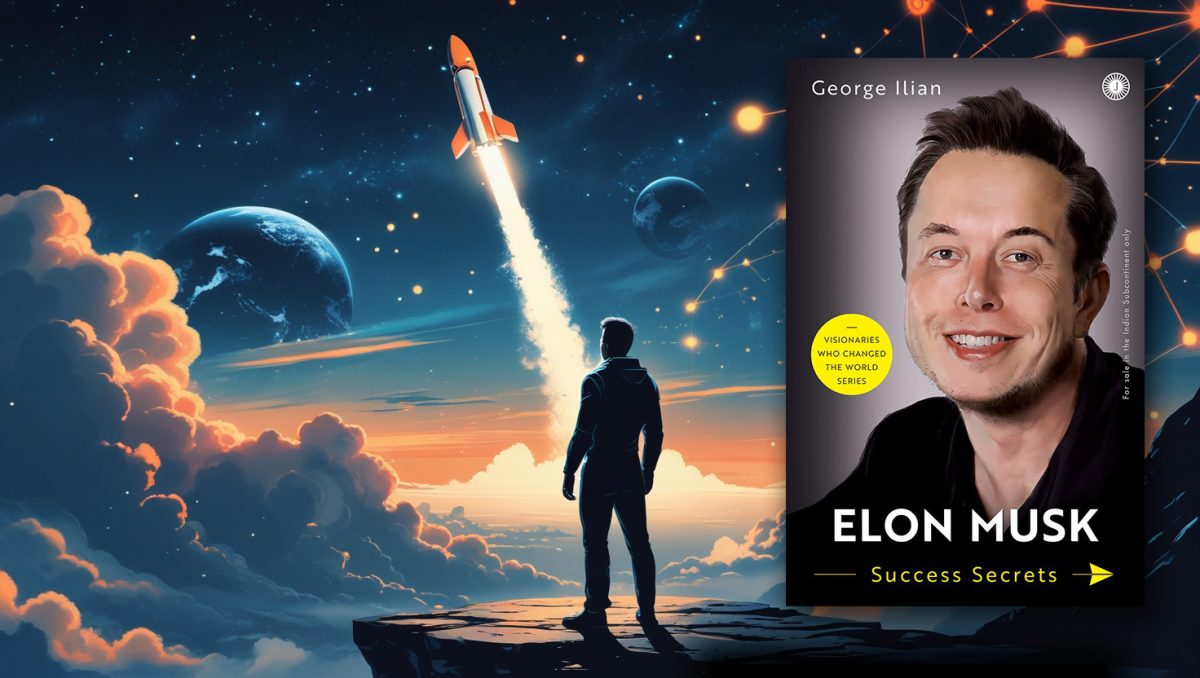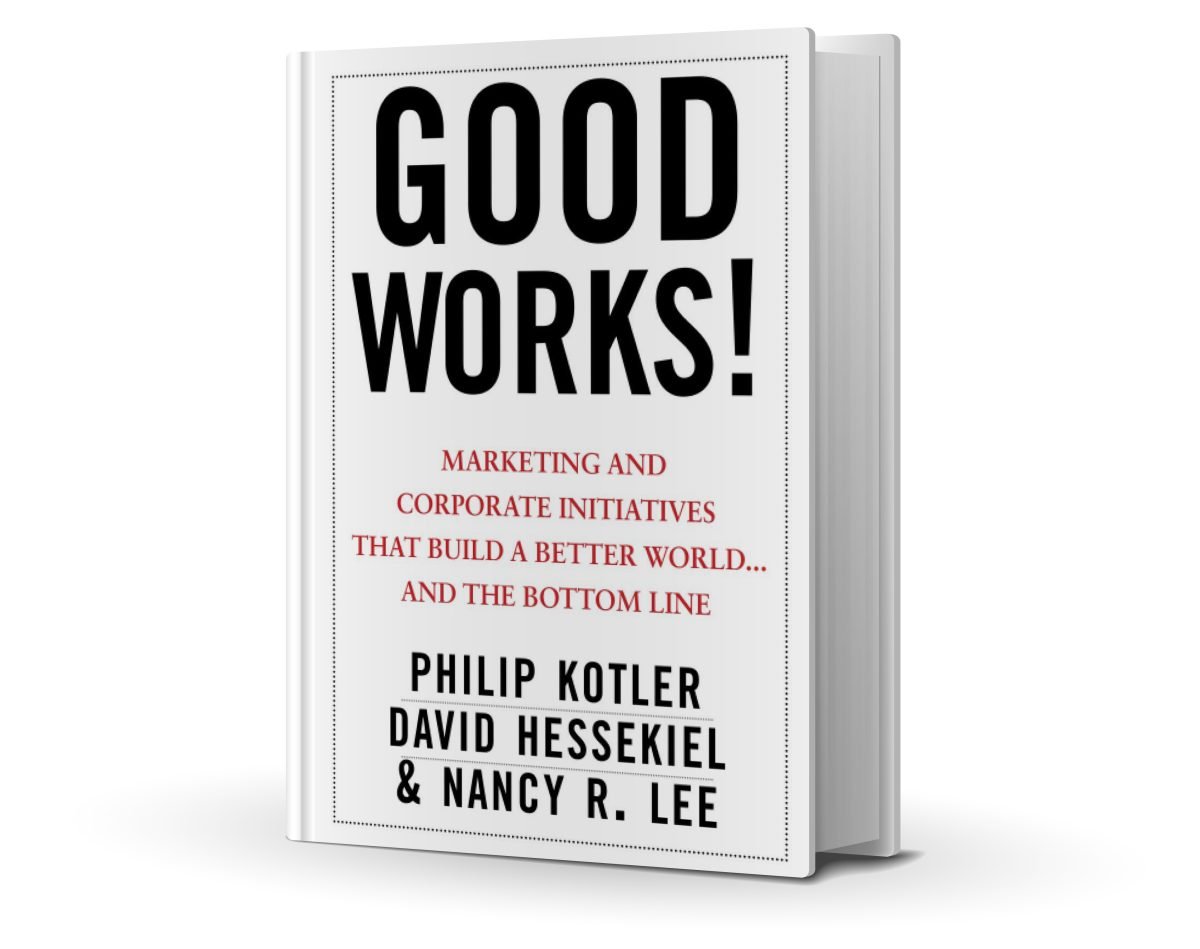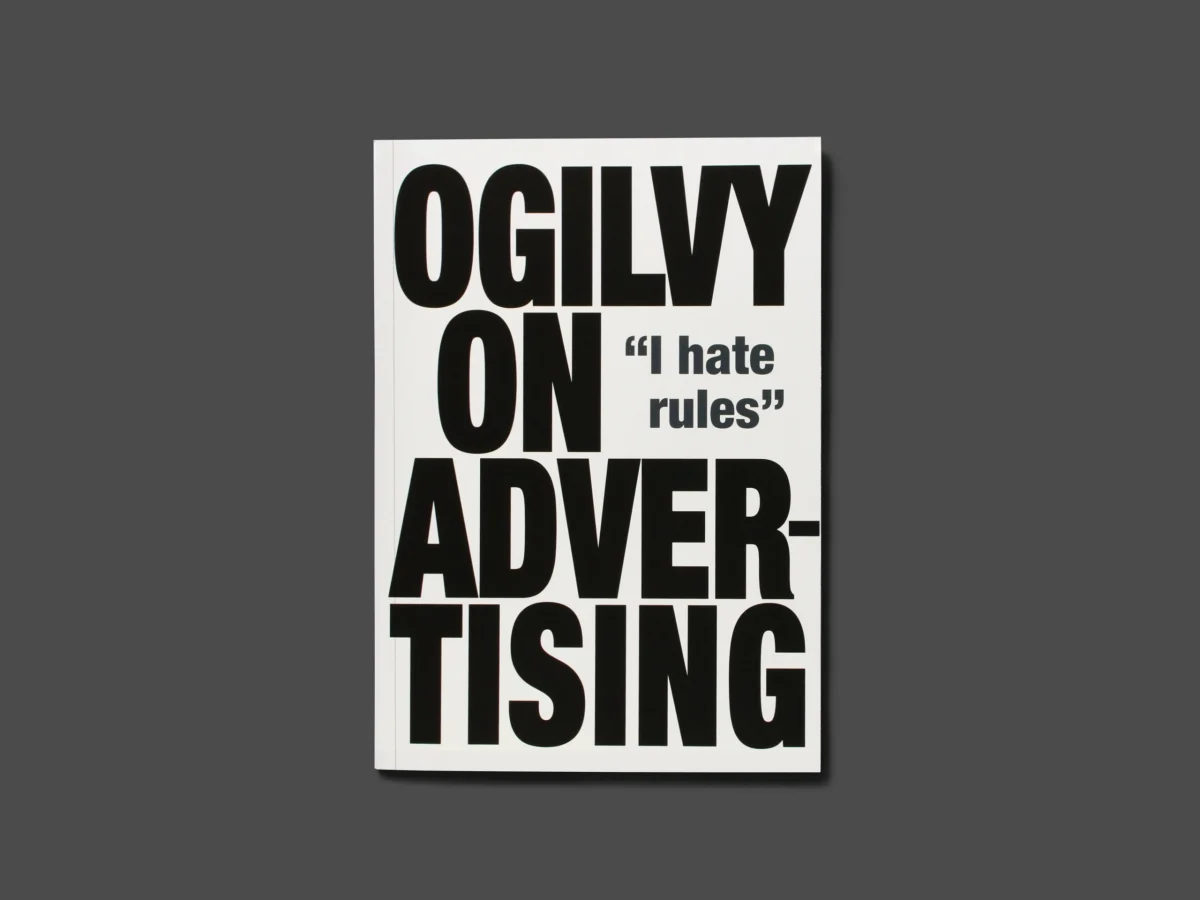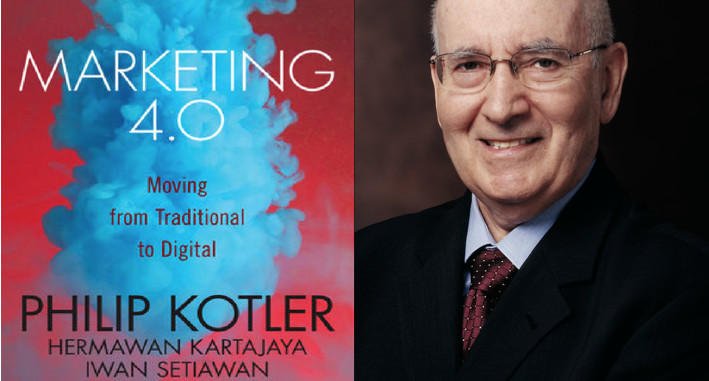Elon Musk isn’t just the CEO of Tesla and SpaceX—he’s a symbol of relentless ambition, risk-taking, and visionary thinking. While the world sees rockets, electric cars, and brain-machine interfaces, there’s a deeper layer to Musk’s journey: one fueled by curiosity, long hours, and an almost stubborn refusal to accept the status quo.
After reading Elon Musk: Success Secrets by George Ilian and reflecting on the highlights, I realized that the most powerful lessons from Musk aren’t just about business—they’re about mindset. Here are the key takeaways that stood out to me and might just change how you approach work, learning, and life.
Self-Education Over Formality
Elon Musk’s journey shows us something powerful: you don’t need to rely solely on formal education to become a world-class innovator or leader. In fact, Musk has openly expressed frustration with the traditional education system, calling it inefficient and slow. Instead, he focused on learning through self-directed reading, exploration, and problem-solving.
Education = Downloading Data
One of Musk’s most insightful quotes is this:
“Education is just downloading data and algorithms into your brain.”
This perspective treats learning like building a mental operating system. Musk believes that once you understand core principles (or “first principles”), you can apply them across any domain—from physics to business to coding.
The Power of Reading
Musk was known to read up to 10 hours a day as a child. His reading list wasn’t limited to school textbooks. He read:
- Science fiction (which fueled his imagination),
- Non-fiction (such as the Encyclopaedia Britannica),
- Biographies, technical manuals, and philosophy.
His brother once said that Elon basically “read the whole library.”
This wasn’t just passive reading—it was active learning. He connected ideas across fields and applied them in practical ways. For example, much of what he learned to build rockets at SpaceX came not from a formal engineering degree—but from reading aerospace books and hiring smart people to learn from.
Formal Education Has Limits
Musk attended top institutions like the University of Pennsylvania and briefly Stanford—but he dropped out of his PhD after just two days.
Why?
Because he felt he could learn faster and build real-world solutions on his own.
He’s not against formal education entirely—he’s just against relying on it exclusively. In today’s world, with access to unlimited knowledge through the internet, books, and open-source platforms, you no longer need a classroom to master a subject.
Work Like Hell
When Elon Musk says:
“Work like hell. I mean you just have to put in 80 to 100 hour weeks every week.”
He’s not being dramatic—he’s speaking from experience. This mindset isn’t about glorifying burnout. It’s about outworking the competition, shrinking timelines, and creating momentum that compounds over time.
100 Hours vs. 40 Hours
Let’s break down the math behind Musk’s logic:
“If other people are putting in 40 hour workweeks and you’re putting in 100 hour workweeks, then even if you’re doing the same thing, you will achieve in four months what it takes them a year to achieve.”
That’s a 2.5x speed advantage. And when you’re building rockets, electric cars, or fighting for market leadership—speed matters.
Why It Works (When You’re Passionate)
Musk isn’t suggesting everyone should be miserable and overworked. The core idea is:
- When you care deeply about what you’re building,
- When you feel a sense of urgency about your mission,
- When you believe your work really matters…
…then pushing your limits doesn’t feel like punishment—it feels like purpose.
Musk has often said he didn’t expect Tesla or SpaceX to succeed. He just believed they were too important not to try.
Repetition Builds Mastery
The more hours you pour into your craft:
- The faster you learn from mistakes,
- The quicker you spot patterns and solutions,
- The more confident and competent you become.
Think of it as an accelerated feedback loop. That’s why founders, creators, artists, and inventors often live in their work—because every hour counts toward breakthroughs.
But What About Burnout?
Important note: “Work like hell” doesn’t mean working mindlessly. Musk isn’t saying sacrifice your health, relationships, or long-term sustainability.
It’s about:
- Working with intention,
- Focusing on what matters most,
- And being willing to sacrifice comfort for impact—at least during the grind phase.
Think of it like seasons: there are periods to sprint, and periods to recharge. Musk’s early Tesla and SpaceX days were sprints—intense, focused, and all-consuming.
Rethink What’s Possible
Elon Musk challenges one of the most deeply ingrained habits in human thinking: accepting things as they are.
“If you go back a few hundred years, what we take for granted today would seem like magic… These are all things that would have been considered magic a few hundred years ago.”
— Elon Musk
This quote is more than just a reflection on technology—it’s a mindset shift. Musk invites us to imagine that what seems impossible today might just be the “norm” tomorrow.
“Rethink what’s possible” means questioning assumptions:
- Why can’t cars be electric and fun to drive?
- Why can’t reusable rockets exist?
- Why can’t humans become a multi-planetary species?
Musk doesn’t accept boundaries as permanent. He treats them as temporary limitations waiting to be pushed. This approach stems from something he often refers to as “first principles thinking.”
Instead of reasoning by analogy (doing things a certain way because “that’s how it’s always been done”), Musk breaks things down to the most basic truths and builds from there.
For example:
- Instead of saying, “Rockets are expensive,” he asked, “What are the raw materials needed to build a rocket? Can we do it cheaper from scratch?”
- This led to SpaceX drastically cutting launch costs by rethinking how rockets are made and used.
Takeaway: Challenge conventional wisdom. Break problems down to their fundamentals, and rebuild them based on logic and vision—not tradition.
Innovation Requires Imagination
Musk’s greatest innovations come not from copying others but from imagining entirely new possibilities:
- Tesla didn’t just make electric cars; it made electric cars cool.
- SpaceX didn’t just build rockets; it landed them vertically.
- Neuralink isn’t just about brain-computer interfaces; it’s about reimagining human cognition and potential.
“The best ideas aren’t necessarily new. Be prepared to take products or services that already exist and rework and improve them for the modern world.”
Risk is the Gateway to Innovation
Elon Musk doesn’t just take risks—he runs toward them. While most people try to minimize risk, Musk embraces it as an essential ingredient of progress.
“There’s a tremendous bias against taking risks. Everyone is trying to optimize their ass-covering.”
— Elon Musk
This quote is raw and real. It reflects a deeper truth: when fear of failure drives decisions, true innovation dies.
Innovation Demands Risk
Let’s face it: you can’t disrupt industries, create new categories, or build rockets to Mars by playing it safe. Every breakthrough—whether it’s in science, business, or art—starts with uncertainty.
- Tesla: He risked hundreds of millions of his own money to prove electric cars could outperform gasoline vehicles.
- SpaceX: He risked total failure (and came close) trying to land reusable rockets—something no private company had done.
- The Boring Company, Neuralink, X.ai: All ventures that mainstream experts called “crazy,” but Musk pursued anyway.
Takeaway: Real innovation isn’t just about good ideas. It’s about having the courage to act on them, even when success isn’t guaranteed.
Why Most People Avoid Risk
Most individuals and even companies:
- Fear embarrassment
- Want guaranteed returns
- Avoid deviating from the status quo
Musk flips this logic. For him, the greatest risk is not taking one—because staying stagnant means missing out on shaping the future.
Failure = Progress
Musk famously said:
“Failure is an option here. If things are not failing, you are not innovating enough.”
In his world, failure isn’t a threat—it’s feedback. It’s a signal that you’re exploring uncharted territory, where real growth happens.
Every rocket that exploded taught SpaceX how to build a better one. Every setback at Tesla revealed blind spots that led to stronger systems.
How You Can Apply This
You don’t have to risk your entire fortune to think like Musk. But you do need to stop waiting for perfect conditions.
Ask yourself:
- What bold move am I avoiding because I fear failure?
- What’s the cost of playing it safe?
- Is there an idea I believe in but haven’t acted on because it feels “too risky”?
Whether it’s launching a business, starting a new project, or pivoting your career—calculated risks often lead to the biggest rewards.
Growth Lives Outside Comfort
Innovation happens when you stretch yourself. Comfort zones are for maintenance. Risk zones are where transformation occurs.
“Be prepared to put your money where your mouth is.” — George Ilian
Whether that “money” is your time, effort, energy, or reputation—you grow by putting skin in the game.
If you’re not taking risks, you’re likely not innovating. And if you’re not innovating, you’re falling behind.
So ask yourself:
What could I achieve if I wasn’t afraid to fail?
Take that step. It might just change everything.
People Over Headcount
In an age where many businesses equate growth with bigger teams, Elon Musk takes a bold stance:
“I think it is a mistake to hire huge numbers of people to get a complicated job done. Numbers will never compensate for talent in getting the right answer… and will tend to slow down progress.”
— Elon Musk
This idea flips traditional thinking on its head: more people doesn’t mean more productivity. In fact, if not managed carefully, it can mean the opposite—more meetings, more confusion, and less progress.
What Musk Really Means
At its core, “People Over Headcount” is about building lean, talented, and driven teams—not bloated ones.
Here’s why:
- Talented people work faster and smarter.
One brilliant engineer can often do what ten average ones can’t. - Big teams can become inefficient.
More people = more layers, more communication breakdowns, and more decision paralysis. - Startups and innovators need agility.
A small, focused group can iterate faster, pivot quicker, and stay more aligned on vision and goals.
The Tesla & SpaceX Example
Both Tesla and SpaceX have been known for doing a lot with less. They don’t rely on massive workforces—they rely on mission-driven individuals who can:
- Solve complex problems creatively,
- Wear multiple hats,
- And stay committed to the long-term vision.
“If you want to make the very best products, you have to hire the very best people in the field.”
— Elon Musk
It’s not about how many people you have—it’s about who you have.
The Hidden Costs of Over-Hiring
Musk has seen firsthand how too many people can:
- Dilute accountability (Who’s really responsible for what?)
- Increase costs unnecessarily
- Create groupthink instead of innovation
In short, hiring just to scale up can slow you down, not speed you up.
How You Can Apply This
Whether you’re running a startup, a department, or a personal project:
- Prioritize talent, not titles.
- Hire slowly and intentionally.
- Look for people who care deeply about the mission, not just the paycheck.
Ask yourself:
- Do I have the right people or just more people?
- Can this role be filled by someone exceptional instead of five average performers?
Vision is Greater Than Profit
Elon Musk didn’t start Tesla or SpaceX because he saw a quick path to riches. In fact, both companies were incredibly risky, with a high chance of failure and financial loss.
“I always have optimism, but I’m realistic. It was not with the expectation of great success that I started Tesla or SpaceX… It’s just that I thought they were important enough to do anyway.”
— Elon Musk
This one quote tells you everything you need to know:
His motivation wasn’t money. It was mission.
The Power of a Bigger Why
Musk’s actions are driven by vision:
- He didn’t create Tesla just to sell cars — he wanted to accelerate the world’s transition to sustainable energy.
- He didn’t start SpaceX to make a profit — he wanted to make life multi-planetary.
This is what sets visionary leaders apart from opportunists. They’re not chasing profits. They’re chasing impact.
And ironically? That’s what often makes them successful and profitable in the long run.
Profit Follows Purpose
When you lead with purpose:
- People want to work with you.
- Customers believe in your product.
- Investors trust your long-term thinking.
Musk risked his own fortune to fund Tesla and SpaceX because he believed in the cause. At one point, he was borrowing money for rent while still pouring everything he had into keeping his companies alive.
Most people would’ve walked away. Musk stayed because he wasn’t in it for the payout—he was in it for the progress.
Legacy Over Revenue
Visionaries play a different game. They think about:
- The future of humanity,
- Solving big, painful problems,
- Leaving behind a better world.
They know that profit is a byproduct of value—and the greatest value comes from solving real, meaningful problems.
Enlightenment is the Endgame
At the core of Elon Musk’s mission isn’t just electric cars, rockets, or AI — it’s human evolution. His ambitions stretch beyond innovation and into the expansion of consciousness itself.
“I came to the conclusion that we should aspire to increase the scope and scale of human consciousness in order to better understand what questions to ask. Really, the only thing that makes sense is to strive for greater collective enlightenment.”
— Elon Musk
This isn’t a typical CEO quote. It’s a philosophy. One that asks:
What is all this technology, effort, and ambition really for?
What Does “Enlightenment” Mean to Musk?
In Musk’s context, enlightenment means understanding. Awareness. Expansion of the human mind. It’s about humanity not just surviving — but evolving.
To him:
- Space travel = expanding the reach of human experience.
- AI = understanding intelligence and possibly extending it.
- Neuralink = enhancing human cognition.
- Tesla = protecting the planet we live on so consciousness can continue to thrive here.
The common thread? Every innovation is in service of expanding the boundaries of what it means to be human.
From Curiosity to Consciousness
Musk has always followed his curiosity — from reading The Hitchhiker’s Guide to the Galaxy as a kid, to building multi-planetary life plans as an adult.
But curiosity isn’t just about asking questions.
It’s about figuring out which questions matter.
And that’s where enlightenment comes in:
It’s not just about knowing more — it’s about thinking deeper.
Why This Matters More Than Ever
We live in an era of endless information, yet limited wisdom. Musk’s mission reminds us that:
- Technology should serve humanity, not distract it.
- Progress should expand awareness, not narrow it.
- Growth should include the mind, not just the economy.
The true endgame isn’t more — it’s better.
Better understanding. Better decisions. Better futures.
How You Can Apply This
Even if you’re not building rockets or neural interfaces, you can still live with this mindset.
Start by asking:
- Am I learning just to earn, or to understand?
- Do my goals serve something greater than myself?
- How can I use my work to elevate others?
You don’t have to change the world to live with purpose.
You just have to seek truth, stay curious, and contribute meaningfully.
Elon Musk is far from perfect, but his life offers powerful lessons for anyone aiming to do more, be more, and imagine a better future. Whether you’re an entrepreneur, a student, or someone just trying to break out of the ordinary—Musk’s principles remind us that extraordinary results come from deep focus, hard work, fearless risk-taking, and a powerful sense of purpose.
So ask yourself:
- What are you reading to expand your mind?
- Are you working like hell on something meaningful?
- Are you willing to fail in order to innovate?
- And most importantly, are you striving for something bigger than yourself?
The future belongs to those bold enough to create it.








